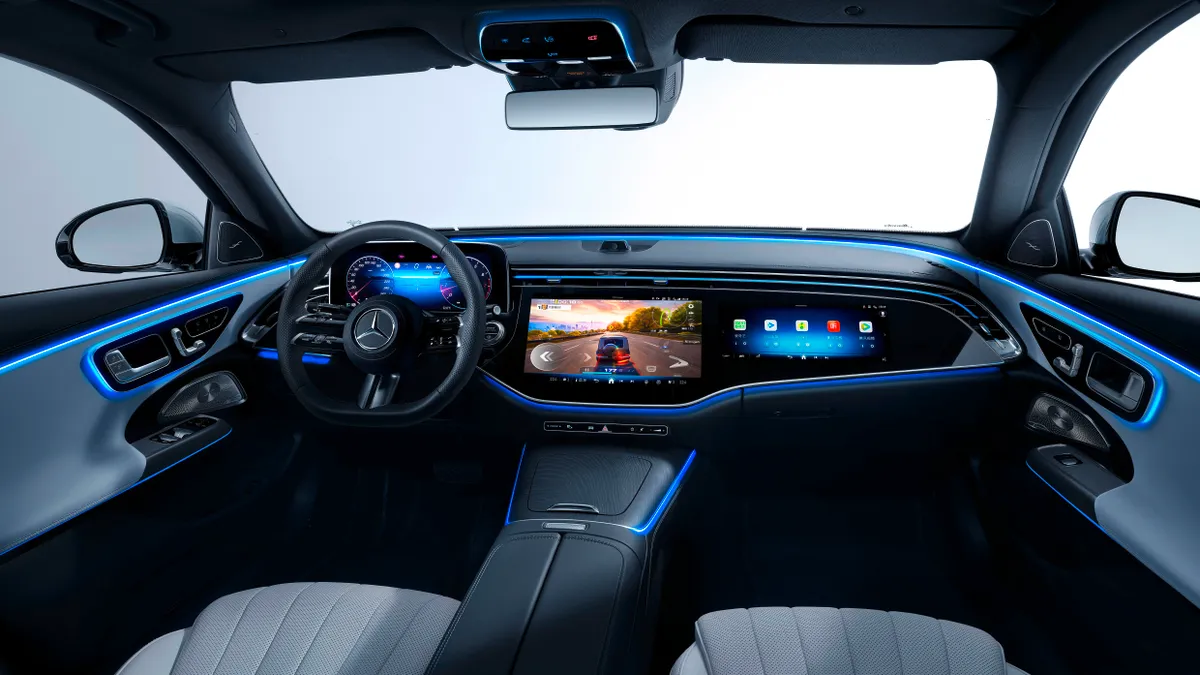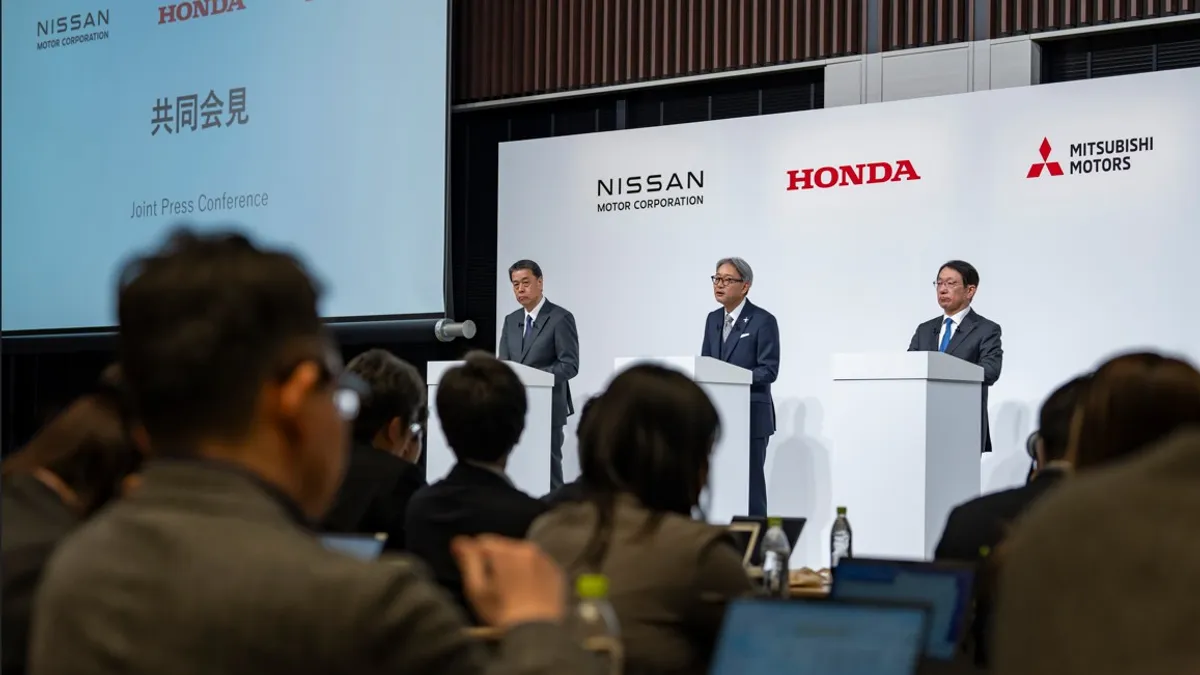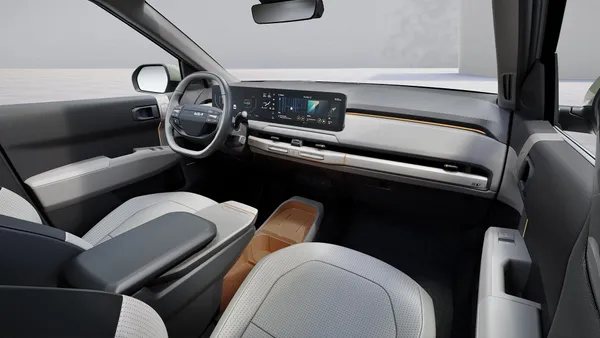Mercedes-Benz Group will introduce 15 new models in China this year as it looks to capture further growth potential in the world’s largest car market, according to its Q2 earnings presentation released July 26.
But that effort doesn’t come without its challenges, namely fierce technological competition, continued pricing pressures and a softening demand for electric vehicles.
During the company’s Q2 earnings call, CEO Ola Källenius said Mercedes-Benz will try to maintain price stability, despite the deep consumer discounts available in China.
“You cannot completely insulate yourself from the market and say, I'm operating in my own universe, and it doesn't matter at all what the others do. It does matter. If other market participants choose to go more in our direction, I think that could lead to a little bit less pressure,” he said.
Källenius went on to offer additional context on three key factors Mercedes-Benz is considering in its China strategy.
BEV competition
With more than 100 competitors offering BEVs in China, Mercedes-Benz has to be strategic, Källenius said, adding that roughly 90 of them are burning cash.
Even so, the company won’t simply exit the electric vehicle segment in the market.
“You have to weigh your options. And I believe at this stage in the game, it's too early to make a definitive decision,” he said. “You have to stay flexible and agile and watch this while you work on the fundamentals, which is, again, get the cost down, make sure that your product is attractive, etc., etc.”
A tech race
Mercedes-Benz’s technology stack and digital experience are also top of mind, Källenius said, citing how young the company’s average customer is in China.
Future technology is “a race you got to be in, there is no ifs or buts,” he said, noting that the company aims to lead the race, too. “That is why we're investing into a complete — from the ground up — new eDrivetrain that we will start launching next year, and then we'll launch [it] in all products following that, which will be very competitive.”
Economic slowdown
Mercedes-Benz Cars unit sales reached 496,712 units in Q2, up 7% compared to the first quarter due to improved product availability in China and the U.S.
The automaker’s top-end sales were down year over year, however, due, in part, to a “subdued” macroeconomic environment in China, Källenius said. He said Mercedes-Benz doesn’t know how long it will take for Chinese consumers to regain confidence in the economy and start buying vehicles again.
“It is affecting us. It is affecting others. The cautious view that we take now is that's not going to change quickly. So we have to count on this being the marketplace here may be in the next at least 12-18 months — we shall see,” Källenius said.












